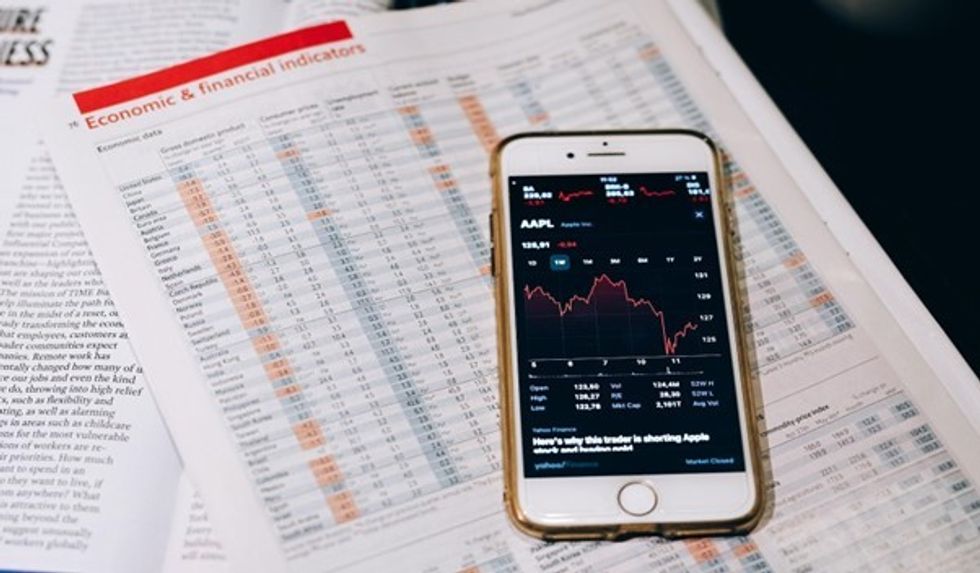We all know that different seasons bring about different weather conditions. But did you know that this is also reflected in global markets? Markets generally perform differently, depending on the season. Whether you trade in the foreign exchange or invest in the stock market, understanding how seasonality affects the global markets can help you make better trading decisions. This article will explore seasonality, its causes, and how it impacts the forex and stock markets.
What is Seasonality?
Seasonality is a term describing a series of regular and predictable events that recur every year. Any predictable pattern that repeats annually is said to be seasonal.
In finance, seasonality refers to the periodic trends in demand and supply, business performance, and product pricing. Seasonal financial trends are usually tied to economic data releases, holiday celebrations, and weather conditions.
Seasonal trends differ from cyclical trends because seasonal changes happen every calendar year. Cyclical trends such as increased sales due to low unemployment rates can span longer than a calendar year.
Seasonality is very important for making smart investment decisions. Left unchecked, seasonal trends can increase market volatility and expose your investments to higher risks. Once you understand how seasonality affects the global market, you'll be able to analyze these trends and determine the best course of action.
Causes of Seasonal Trends
Three major factors drive seasonal trends and bring about considerable economic shifts. They include:
Weather
Each season of the year has its peculiarities. Economic conditions shift in response to the demands of the onset of spring, summer, fall, or winter. Energy demands for the travel industry increase in some seasons more than others. Temperature and precipitation levels, planting and harvesting of agricultural commodities, and other season-dependent occurrences play key roles in seasonal trends.
Fiscal Quarter
The four quarters of the year is a unique feature employed as a tool for measuring economic growth. For example, the gross domestic product (GDP) and companies' quarterly earnings releases are economic metrics based on the four fiscal quarters of the year. The release of these quarterly reports has a huge tendency to impact the volatility of stocks and currencies. Poor quarterly earnings reports can cause the price of an asset to dump sporadically. On the other hand, a good earnings release can cause the price of an asset to increase sharply.
Traditional Holidays
Holidays are a significant part of each calendar year. Global holidays contribute to seasonal trends in the global markets. On the other hand, local holidays particular to a country or region will impact that region more than the global community. There are hundreds of holidays celebrated every year depending on region and culture. Some of the most economically impactful holidays include Christmas, New Year's Eve, and Thanksgiving. During such periods, the economy booms with increased travel, consumption, and luxury spending.
Seasonal Trends in the Forex Market
Here are a few examples of seasonal trends in the foreign exchange market.
August: Usually Negative for USD/JPY
The forex chart for the USD/JPY highlights a seasonal trend around August. Regarding the performance of USD/JPY over several years, August has the strongest case of seasonality. Other currencies like the euro, the British pound, and the U.S. dollar tend to fall against the Japanese Yen in August.
October: Usually Positive for USD/JPY
While August is negative for the USD/JPY currency pair, October usually ends in an upward trend. During October, USD/JPY tends to have a positive outlook following a significant rise in currency prices.
May: Usually Negative for the USD/CAD
The USD/CAD currency pair has its biggest seasonal trends in October and November. And for the most part, they're usually negative, but the pair tends to recover as the new year begins.
Implications for Forex Traders
As a forex trader, you can use the knowledge of seasonality to improve your trades. For example, if you're trading the USD/JPY in July, you can look for fundamental or technical indicators to determine the direction of your trade while considering the seasonal trend.
Although seasonal trends in the forex market will not always repeat themselves 100% of the time, acknowledging these patterns can increase your chances of trading profitably.
Seasonal Trends in the Stock Market
Seasonality also affects the stock market, as does the forex market. Here are three examples of seasonal trends in the stock market.
November through April are Usually Positive, while May through October usually witnesses a downtrend.
According to numerous reports, the S&P 500 gained 7% annually from November to April and only about 2% from May to October. Many traders hold to the saying, "Sell in May and go away." However, these seasonal trends do not necessarily play out every year, and for traders, knowing the seasonal trend in play can help them choose the best trading positions.
The January Effect
There's a popular saying among investors: "as January goes, so goes the year." Most often than not, if January starts with bullish tendencies, it signifies that investors are eager to buy, and the effect can spiral to the rest of the year. But if there's low enthusiasm from traders and investors and asset prices are not picking up, it could have a sluggish effect on the year.
The Quarter-End Effect
When companies release their quarterly earnings report, it strongly affects the bearing of the company stock. If the company's earnings expectations are met, the stock tends to perform higher and vice versa.
Implications for Stock Traders
As a stock trader, you can apply the knowledge of seasonality to improve your trades and investment. For example, if you're a long-term trader, you might decide to invest in stocks around November, when prices are usually lowest, and sell when prices rise.
Conclusion
As the data suggests, seasonal patterns will not always be repeated in the global markets. However, knowing the trends can help forex and stock traders understand the possibilities in the global markets. Knowing a strong case of seasonality in a particular month can give you a strong basis to enter a trade or avoid it.



















